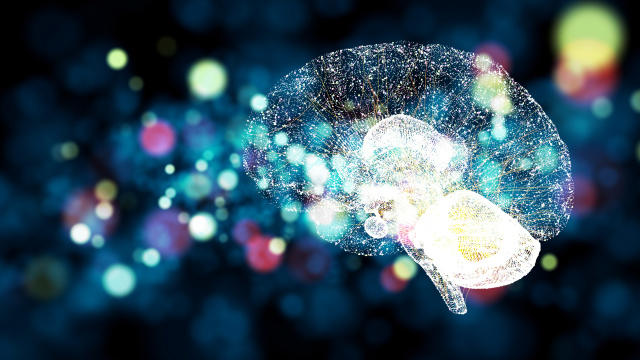Political and economic revolutions, such as the agricultural and industrial revolutions, have both advantages and disadvantages. Take, for example, the industrial revolution, which has improved the quality of life today more than at any other time in human history while also introducing its own set of problems.
Exceptionalism and sensationalism in the news media frequently distort public perceptions of today's socioeconomic realities, leading some to believe that this is a bad time to be alive. However, the reality is quite different. On the medical front, global average life expectancy has more than doubled since 1900, reaching more than 70 years. Obesity kills more people nowadays than famine. Education levels are rising, while poverty is decreasing. Annual birth rates are falling in tandem with rising education levels and poverty reduction. Consider Bangladesh, which in 1971 had a birth rate of 7 children per woman and now has a birth rate of less than 2 children per woman. As a result of the industrial revolution, significant progress has been made.
Having said that, there have been some drawbacks to the industrial revolution. One of the most visible consequences of the revolution is climate change. Experts warn that if emissions continue at current levels, severe heatwaves, flooding, and mass migrations could occur as early as 2050. Since the industrial revolution, a massive wave of consumerism has wreaked havoc on the natural world and its resources; this is an unsustainable economic growth model.
While the Artificial Intelligence (AI) revolution hasn't yet reached its pinnacle, the next few decades may see significant advancements in AI, which could completely transform life as we know it.Tomorrow's AI-centric world has the potential to make today's world appear archaic. There is reason to believe that the upcoming AI revolution, which is still in its early stages, will have both benefits and drawbacks.
Let's start with some potential benefits. AI is used in a variety of fields, including healthcare and transportation. According to McKinsey & Co., self-driving cars have the potential to reduce road accidents by 90% in the United States alone due to the elimination of human errors. AI could lead to a world where sensors constantly monitor the human body and detect disease long before symptoms appear.
AI can also assist with decision-making; humans are not always aware of their deepest desires, and AI can help in these situations. All AI will have to do is process data from biosensors connected to us and communicate to us what we actually like and dislike based on our blood pressure, temperature, and other factors. When faced with a variety of options—such as which profession to pursue or what food to prepare—all of the options on the table appear logical. In such situations, we are unsure of our own desires. Well, AI can (theoretically) solve this conundrum for us by analyzing data from sensors attached to our bodies and telling us what we want more.
As a result, AI will be better at communicating our own desires to us. Given the benefits listed above, it would be illogical to ignore AI.
AI has its drawbacks as well. One of the most obvious is the possibility of widespread job loss as a result of AI. The industrial revolution both created and destroyed jobs. Heavy labor-intensive jobs were delegated to machines, while jobs in the service sector, which required good cognitive skills, were filled by humans. The situation is a little different this time. There could be an army of unemployed people if AI replaces cognition-intensive jobs, such as those of bankers, lawyers, and other professionals.
If these people are not supported by a universal basic income or other similar schemes, this could become economically unsustainable. The ultimate dream of dictatorial regimes is artificial intelligence. In a country like North Korea, AI algorithms processing data from biosensors connected to humans—and telling the government what someone thinks about the supreme leader—sounds like bad news for pro-democracy advocates. If AI algorithms tell the supreme leader's cronies how much someone despises him, such disobedient citizens will have a bleak future ahead of them.
As a result, things in such societies may become Orwellian as a result of AI. The idea of AI cyborgs taking control of our bodies and making all of our decisions, which is a direct threat to the liberal notion of free will, could then lead to an inorganic takeover of our organic bodies.
AI, like almost any other technology, cannot be completely abandoned. To make it a force for good, it will need regulations and new models beyond the neoliberal model. Otherwise, things may end up being Orwellian. Political and economic movements such as democracy, communism, democratic socialism, and others arose as a result of the industrial revolution; it will not be surprising if the AI revolution produces similar movements.


